TMK-Artrom, now called Artrom Steel Tubes, combines its production facilities in Romania and trading and distribution companies in Germany, Italy and the United States for the production of seamless pipes with a capacity of 200 thousand tons per year. At the same time, the TMK itself did not enter into sanctions in 2022. The owner, Dmitry Pumpyansky, was included in the EU sanctions list, but then transferred the management of the company to management. However, entities connected to Russian legal entities or individuals experienced operational difficulties, such as blocking accounts, refusal of long-term cooperation by counterparties.
In the early 2000s, Russian metallurgists set out to globalize their business. Alexey Mordashov's Severstal became the first Russian company that began to purchase production facilities abroad. Thus, the company acquired the assets of the bankrupt Rouge Industries in the USA for $ 285.5 million. Then there were more purchases in the USA and Western Europe. The company even tried to participate in the largest deal in the history of the global steel industry: Mittal Steel acquired Arcelor and became the largest steel company in the world. However, the company sold all foreign assets by 2014. The strategy didn't work. Other Russian metallurgists also had foreign factories - Evraz, NLMK, Mechel. But even before the 2022 sanctions crackdown began, companies sold most of these assets. For example, Evraz agreed to sell its vanadium subsidiary in the USA to Evraz Stratcor in 2019. In 2019, TMK also sold its American subsidiary TMK Ipsco Tubular to the Italian pipe manufacturer Tenaris for $1.209 billion.
Sergey Grishunin, general director of the NRA rating service, says that Russian metallurgists face rather strict regulations in foreign countries. “It was about industrial safety, the cost of environmental violations, the cost of labor and the possibility of tightening the working regime. All this led to significant losses during the work of foreign departments of Russian metallurgists. There have been precedents when the downtime of enterprises where employees were paid a salary was better than the full load of enterprises,” explains the situation. Efficiency was provided by enterprises that rely on cheap supplies of raw materials and semi-finished products from Russian companies. However, it is considered almost impossible to implement such a business chain in the current conditions.
Before the next crisis that broke out last year, metallurgists also announced plans to localize production in Asian countries. For example, NLMK planned to start steel transformer production in India. However, the project was never implemented. Despite the policy of a global turn to the East, the prospects for developing their own capacities in Asia today are also doubtful, experts say. "Working with Asian partners is traditionally characterized by a significant difference in business practices. China is characterized by an extremely strict elaboration of the terms of the contract with a large number of approval rounds. In this regard, Russian investors, accustomed to fairly fast transactions in our country and in the West, simply cannot stand such forms of functioning and refuse transactions. New purchases are no longer expected, but portfolio investments in Asian producers can be made in order to get access to dividend flows and the opportunity to influence the management of companies,” explains Sergey Grishunin. “It is doubtful that the owners of Russian steel companies will consider the possibility of purchasing some assets in Asia, because in this case, it will be necessary to think about the comprehensive provision of this production with relatively cheap raw materials (ore, coal) in Asia. Russian steel companies, if it is necessary to modernize existing capacities, now consider themselves quite strategically only within Russia in terms of production. ” he added.


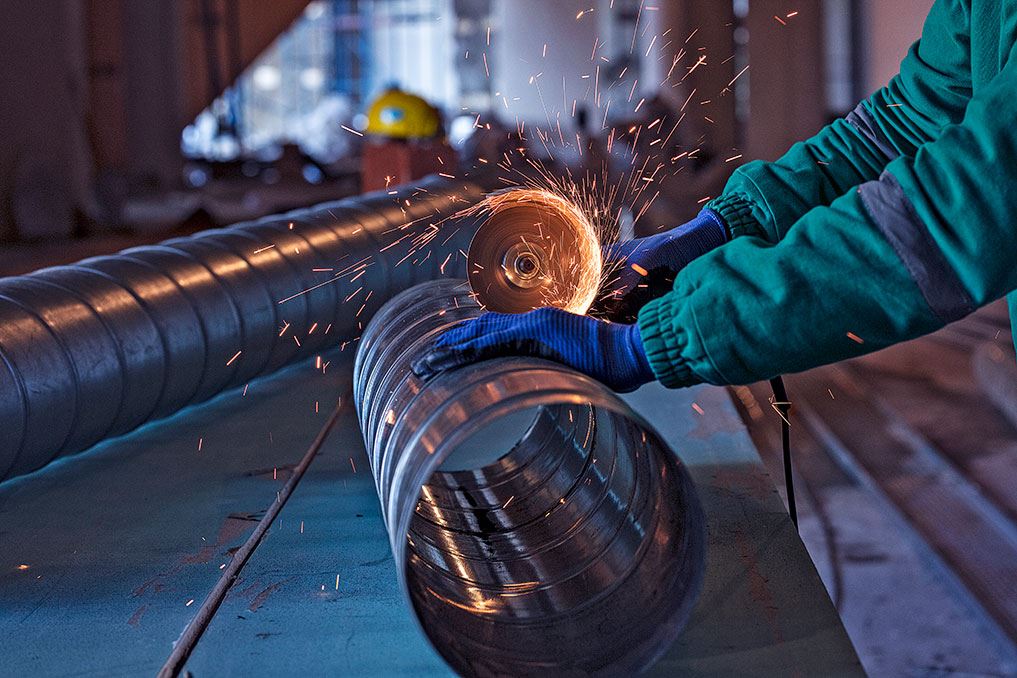

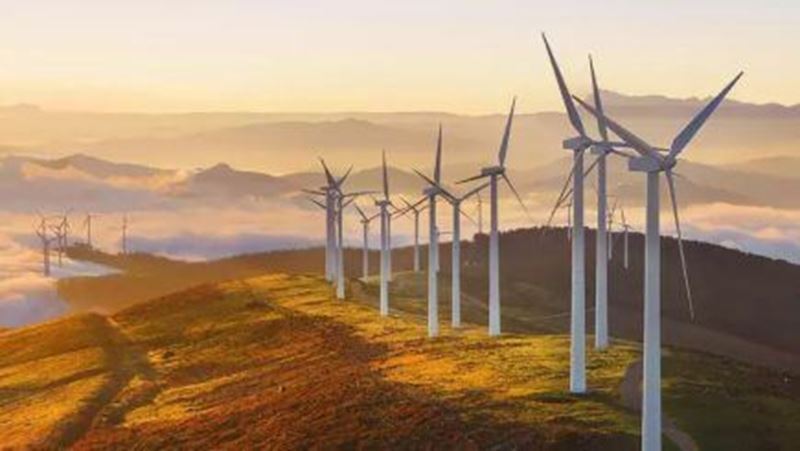
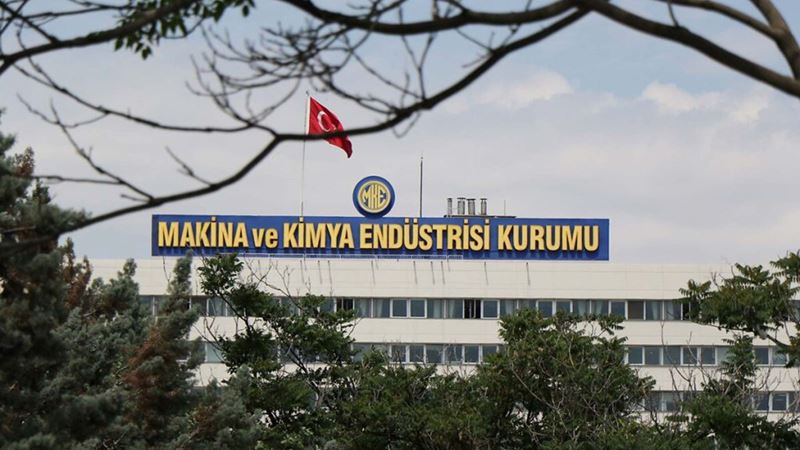
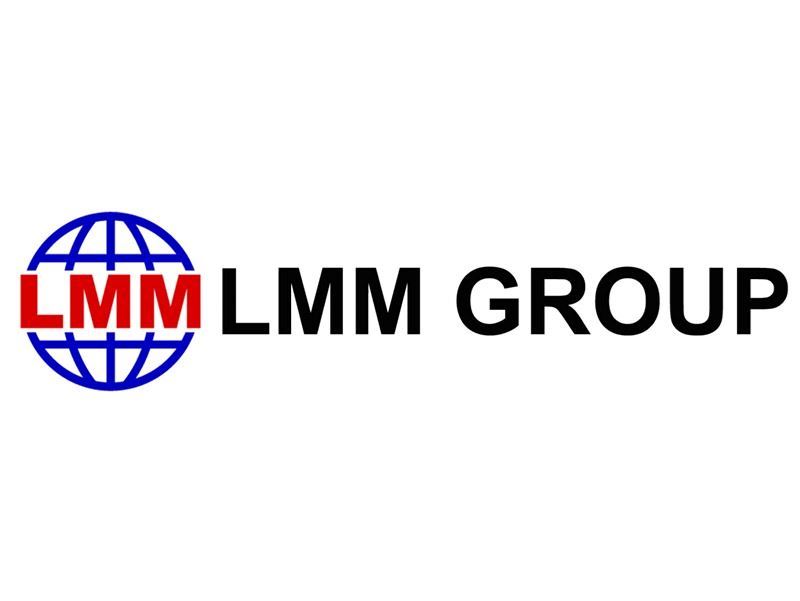
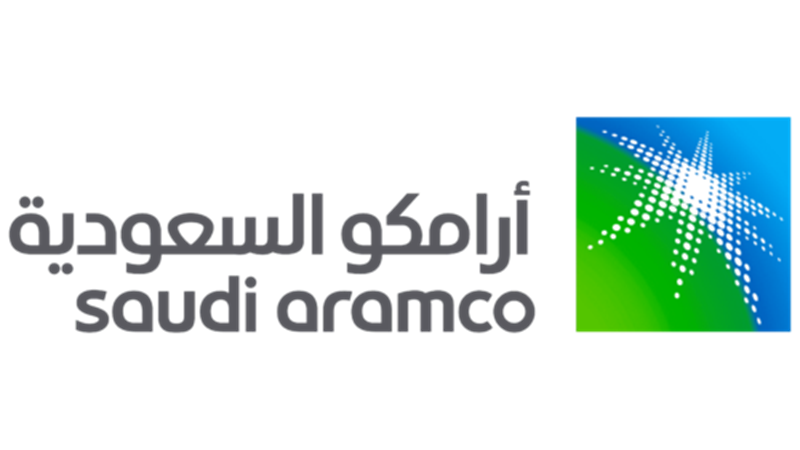



Comments
No comment yet.